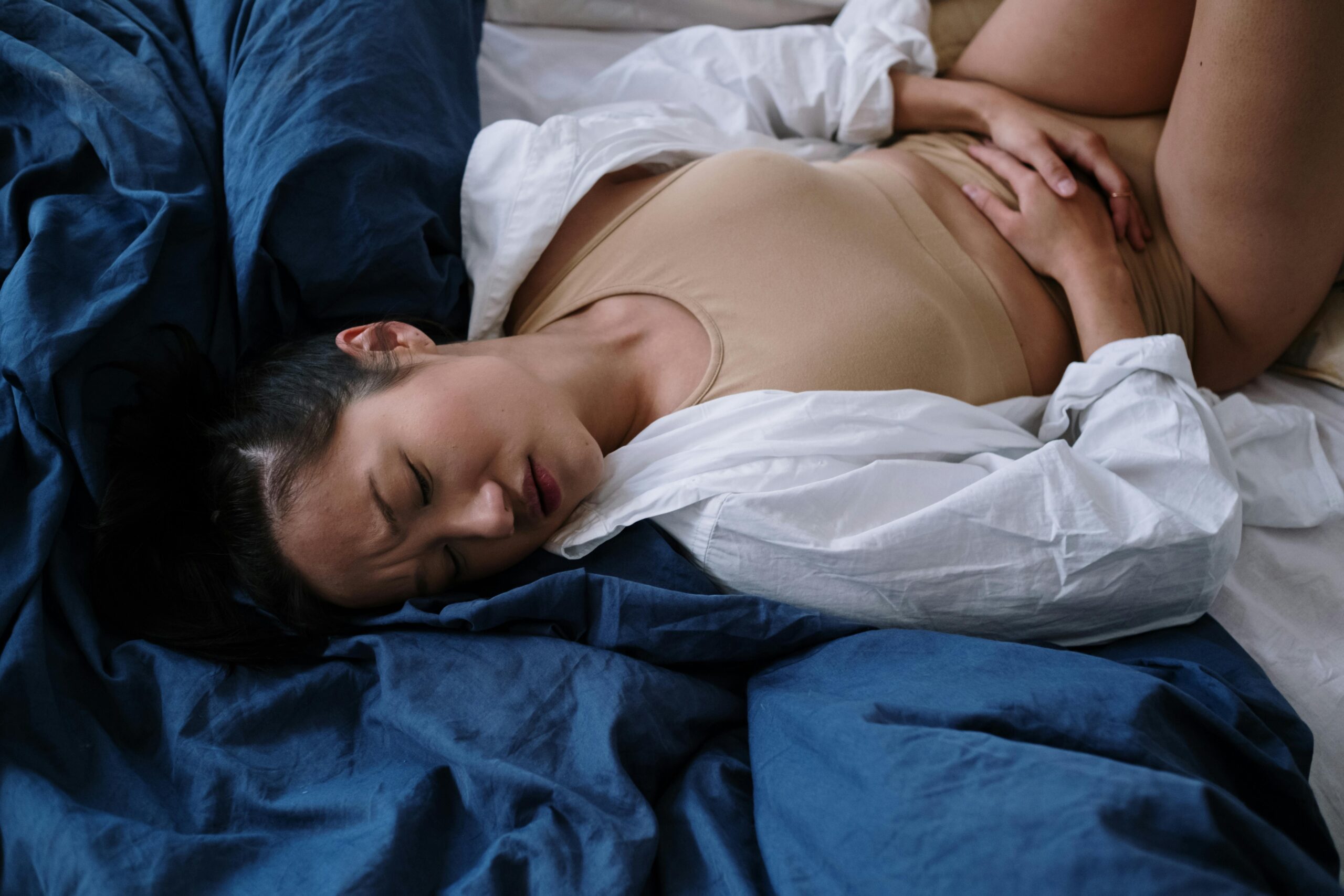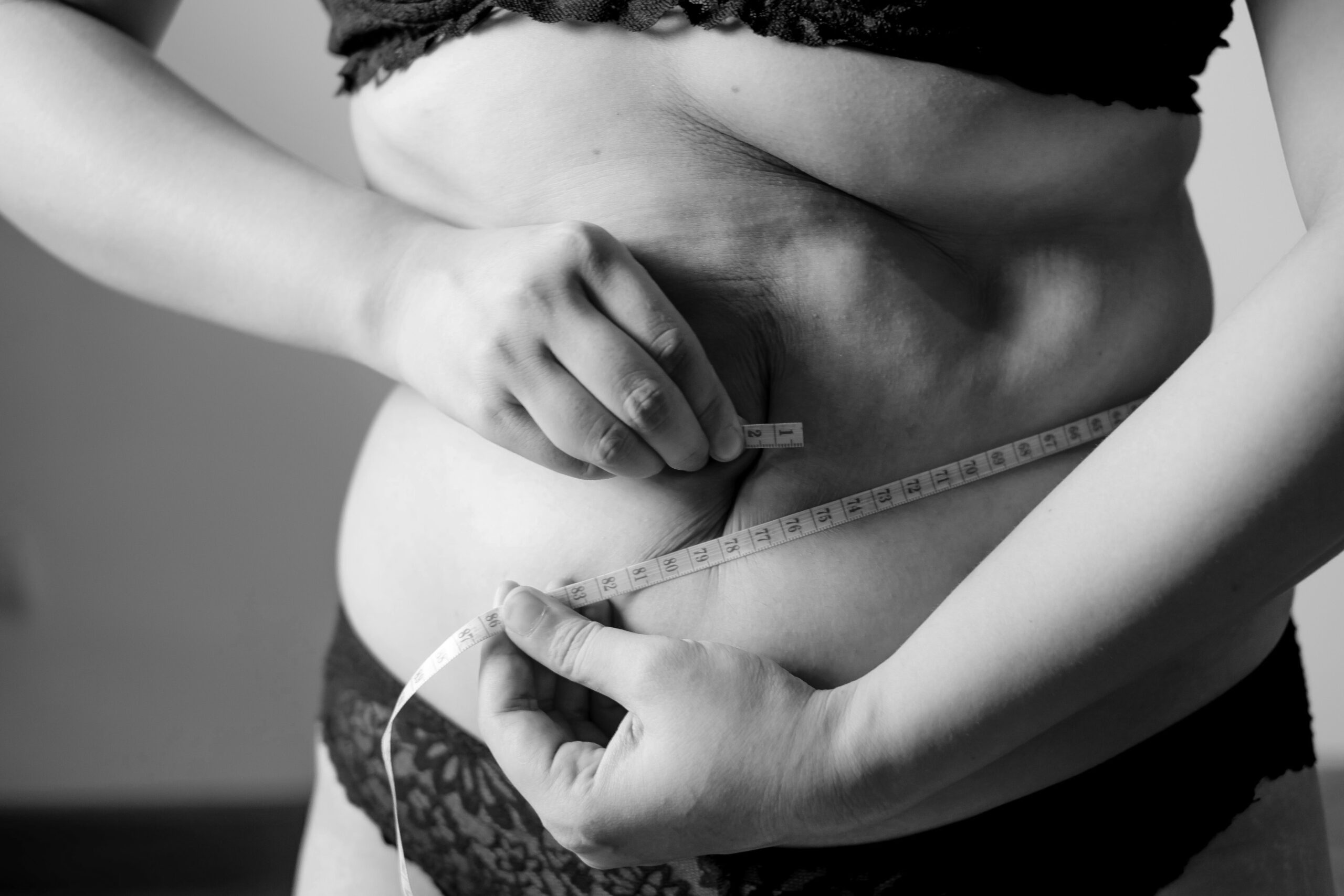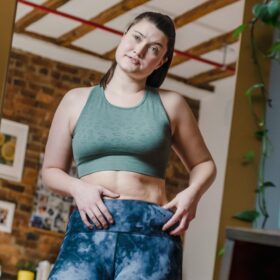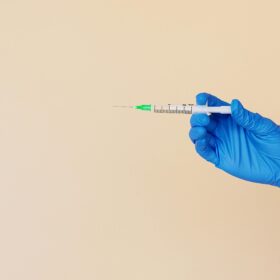
How to stop perimenopause itching
In this article
What's the lowdown?
Hormonal changes around perimenopause can cause changes to the skin all over your body, scalp and genital area, which can lead the skin to dry out and become itchy.
There are some specific treatments that can be useful depending on which part of your body is most affected.
There are also some non-hormonal and hormone-based medications that may help you.
Can perimenopause cause itching?
Yes! Perimenopause skin itching is a common and often overlooked symptom, which can be mild, or can have a serious impact on your sleep and quality of life. In fact, around two thirds of women will experience itching in the perimenopause1. Here’s why it happens;
- In perimenopause women’s ovaries produce less oestrogen, which affects the body’s ability to produce natural oils.
- There is also less collagen produced in the perimenopausal period. Collagen is a protein which helps the skin to feel elastic and strong. A third of the collagen in your skin is lost in the first 5 years after menopause1.
- So, as oestrogen and collagen levels fall in perimenopause, the skin can feel thin, dry, flaky or itchy.
- This also affects the skin on the scalp, which can cause changes to your hair and cause the scalp to become itchy or dry, or cause the quality of your hair to change2.
How to stop perimenopause itching
Here are some of the areas of women’s bodies that are commonly affected by perimenopause itching, and some ideas of what you can do to help;
Skin
- Soap tends to draw moisture out of the skin, so try to switch to soap-free toiletries wherever possible. Soap-free body washes are available, or you could use an emollient (moisturiser) instead of shower gel or bubble bath3.
- Moisturise your skin regularly using a fragrance-free moisturiser3. It’s best to do this after a bath or shower as your skin is likely to absorb the moisture more effectively when it is warm.
- Try not to scratch the itch! Try patting or tapping your skin instead3. This is because when you itch your skin, a chemical called histamine is released, which causes the skin to become more itchy. It can then be more difficult to break the cycle. If you are itching your skin, try to keep your nails short and smooth, so that they don’t cause damage to the surface of your skin.
- Itching at night can be relieved by wearing clothing made of cotton or from natural (rather than man-made) fibres3. These are usually less irritating to the skin. They also keep you cooler, so if hot flushes are also causing you bother, this is a win-win.
Ears
- Cold, damp weather can be harsh to the skin on our ears, and make perimenopause ear itching worse. Wearing a hat to protect the skin may help!
- Remember to make sure that your ears are free from shampoo or other hair-care products after washing your hair, and thoroughly dry them with a clean towel.
- The same fragrance-free moisturiser that you use on your body and face can also be used to keep the skin on your ears well moisturised.
Scalp
- It may be helpful to treat your scalp like your skin. The scalp is prone to sweat and product build up, which can make perimenopause itchy scalp worse. Regular cleansing with a gentle shampoo may help.
- Protect your scalp from the effects of the sun or damp, cold conditions. Again, a hat may help!
- Heat from styling tools such as a hot hair-dryer or straighteners, may worsen an itchy scalp. Try to keep this to a minimum, or reduce the temperature.
Vulva and bottom
- As with the skin on the rest of your body, avoiding soap is a must- wash with warm water or a soap-free body wash.
- You can use a simple fragrance-free moisturiser on this area. Perimenopause vaginal and perimenopause vulval itching can be relieved by specialist vaginal moisturisers3– you can buy these in a pharmacy or oestrogen creams or pessaries from your GP.
- Wearing underwear made from natural products such as cotton can be more comfortable for sensitive skin.
Eyes
- Eyes can become more sensitive to the effects of wind, dust and smoke, making the eyes feel like they are burning or itching.
- Protecting the surface of the eye by wearing sunglasses can be useful.
- You can use lubricating eye drops or artificial tears, which you can buy over the counter in a pharmacy4.
- A humidifier may help because warm, humid air is less likely to dry out the surface of the eye4.
- A warm compress (warm water on a clean flannel or cotton wool, applied to the eyelids), can also help with the symptoms4.
Nipples
- Itchy nipples in perimenopause can be relieved by using a simple non-perfumed moisturiser, as you might use on the rest of your body.
- As with the rest of our skin, nipples can be irritated by synthetic clothing, and moisture can build up around the nipple, inflaming the skin further. So try to stick to cotton if you can.
- Using a barrier cream (such as vaseline) may help to protect nipples from rubbing inside your underwear, which may provide some relief.
Medical treatments for perimenopause itching?
If you have tried some of the above remedies and are finding that your symptoms are not under control, there are also some over-the-counter and prescribed medicines that may relieve your symptoms.
An antihistamine tablet (the same as you might use for allergies or hayfever), can also help reduce perimenopause itchy skin3. Examples include drugs such as chlorpheniramine (an antihistamine which causes drowsiness), loratadine, cetirizine or fexofenadine (antihistamines which do not cause drowsiness).
If your itching is severe, doctors can prescribe steroid-based creams or ointments to apply to your skin. These can be used in short bursts (usually for a week to ten days). They work by reducing the inflammation in the skin. Different strength treatments are available for use on various areas of the body3.
Hormone replacement therapy (HRT) with oestrogen and progesterone may help with the symptoms of perimenopause itchy skin. HRT increases the amount of available oestrogen, which then helps to strengthen the skin all over the body5.
The progesterone component of hormone replacement therapy can cause drowsiness, which may help you sleep more deeply and cause perimenopause itchy skin become less bothersome6. HRT may also help with other symptoms in the perimenopause period6. Speak to your GP to decide if this is a suitable treatment for you.
Itchy skin in perimenopause is common, but it is not something you have to put up with. There are lots of different treatments you can try at home, but if these are not effective, please speak to your doctor.
Our medical review process
This article has been medically reviewed for factual and up to date information by a Lowdown doctor.






